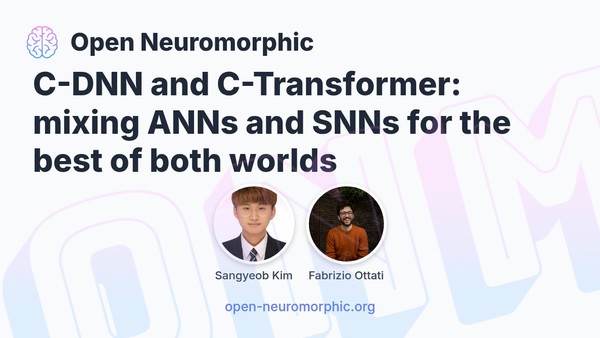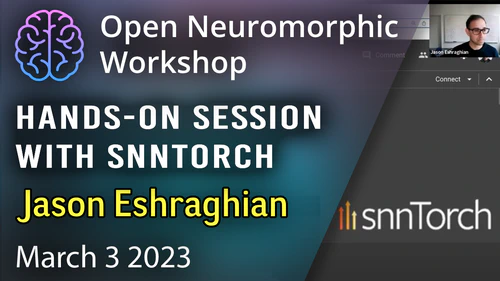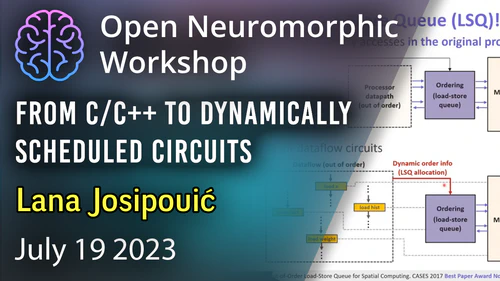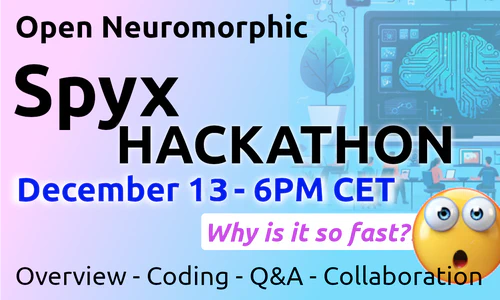Sangyeob and his team have developed a C-DNN processor that effectively processes object recognition workloads, achieving 51.3% higher energy efficiency compared to the previous state-of-the-art processor. Subsequently, they have applied C-DNN not only to image classification but also to other applications, and have developed the C-Transformer, which applies this technique to a Large Language Model (LLM). As a result, they demonstrate that the energy consumed in LLM can be reduced by 30% to 72% using the C-DNN technique, compared to the previous state-of-the-art processor. In this talk, we will introduce the processor developed for C-DNN and C-Transformer, and discuss how neuromorphic computing can be used in actual applications in the future.

Upcoming Workshops
No workshops are currently scheduled. Check back soon for new events!
Are you an expert in a neuromorphic topic? We invite you to share your knowledge with our community. Hosting a workshop is a great way to engage with peers and share your work.
Inspired? Share your work.
Share your expertise with the community by speaking at a workshop, student talk, or hacking hour. It’s a great way to get feedback and help others learn.






